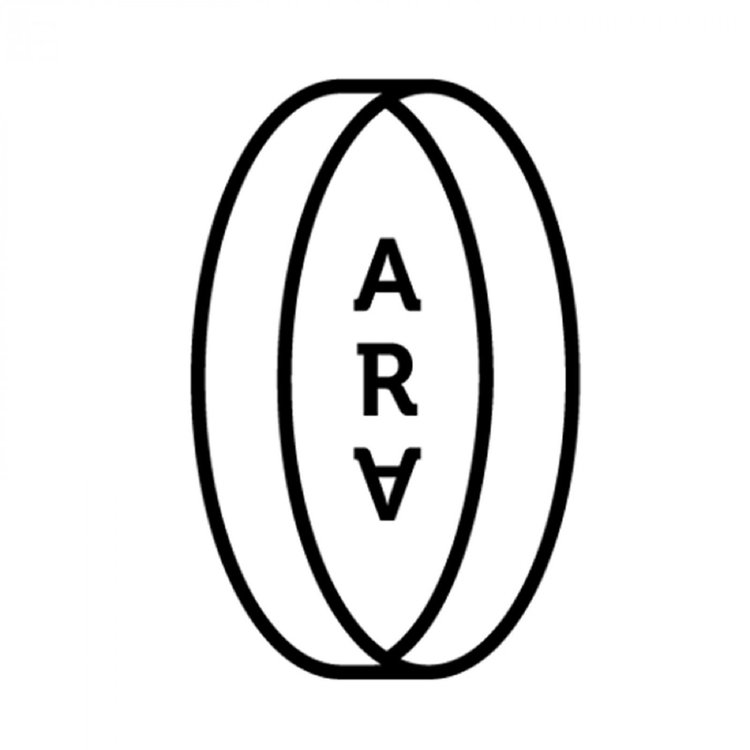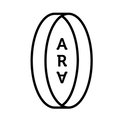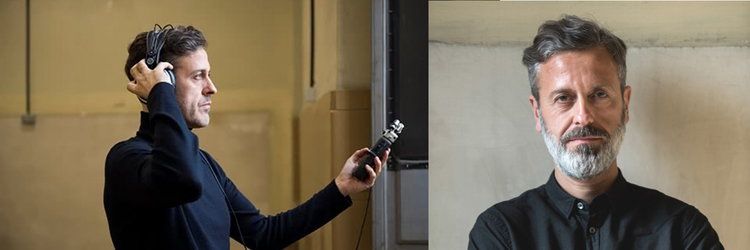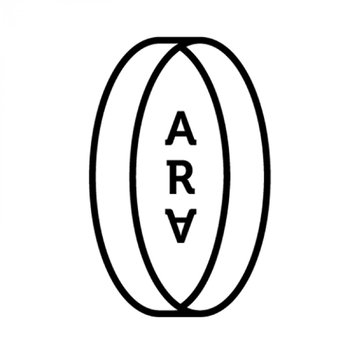
ARA Podcast - The aesthetic as a research modality - a conversation with Dr Alex Arteaga
Loading player...
In this dialogue I speak to Dr Alex Arteaga, a leading European artist-researcher who works with text, sound, video, photography, essays and installations according to the nature of his projects and their specific research issues.
Alex has received professional degrees in piano and theory of music, has a Masters degree in electro-accoustic music. He studied architecture at Berlin University of the Arts and obtained a PhD in philosophy at Humboldt University Berlin. He is currently teaching courses at the Berlin University of the Arts (at the MA Sound Studies and Sonic Arts), film university of Catalonia (ESCAC) and the graduate school of the University of Lapland. As a researcher, he’s connected to the University of Applied Arts Vienna
In the dialogue we discuss how Alex's complex background led him into the realm of artistic research and his sense of how artistic research has been taken up across Europe.
We look closely at Alex's major projects: the Auditory Research Unit at the Berlin University of the Arts and the relationship between the auditory and the visual in architectural thinking; the Architecture of Embodiment and Alex's non-hierarchical approach to the structure and methodology of the research; and his collaboration with the Austrian media artist Nikolaus Gansterer exploring concepts such as the "presence of situations" in Contingent Agencies. We also engage with the more provocative aspects of Alex's thinking such as his insistence that "aesthetic research" should be distinguished from "artistic research". We cover his involvement in the new African-European collaborative project, Artistic Research and City Spaces which is linking The Wits Schools of Art and Architecture and Planning with a range of different artistic research initiatives in Europe. Finally we discuss Alex's critique of the notion that artistic research produces forms of (alternative) "knowledge" and the implications of this view for strategies of decolonisation.
Alex has received professional degrees in piano and theory of music, has a Masters degree in electro-accoustic music. He studied architecture at Berlin University of the Arts and obtained a PhD in philosophy at Humboldt University Berlin. He is currently teaching courses at the Berlin University of the Arts (at the MA Sound Studies and Sonic Arts), film university of Catalonia (ESCAC) and the graduate school of the University of Lapland. As a researcher, he’s connected to the University of Applied Arts Vienna
In the dialogue we discuss how Alex's complex background led him into the realm of artistic research and his sense of how artistic research has been taken up across Europe.
We look closely at Alex's major projects: the Auditory Research Unit at the Berlin University of the Arts and the relationship between the auditory and the visual in architectural thinking; the Architecture of Embodiment and Alex's non-hierarchical approach to the structure and methodology of the research; and his collaboration with the Austrian media artist Nikolaus Gansterer exploring concepts such as the "presence of situations" in Contingent Agencies. We also engage with the more provocative aspects of Alex's thinking such as his insistence that "aesthetic research" should be distinguished from "artistic research". We cover his involvement in the new African-European collaborative project, Artistic Research and City Spaces which is linking The Wits Schools of Art and Architecture and Planning with a range of different artistic research initiatives in Europe. Finally we discuss Alex's critique of the notion that artistic research produces forms of (alternative) "knowledge" and the implications of this view for strategies of decolonisation.


